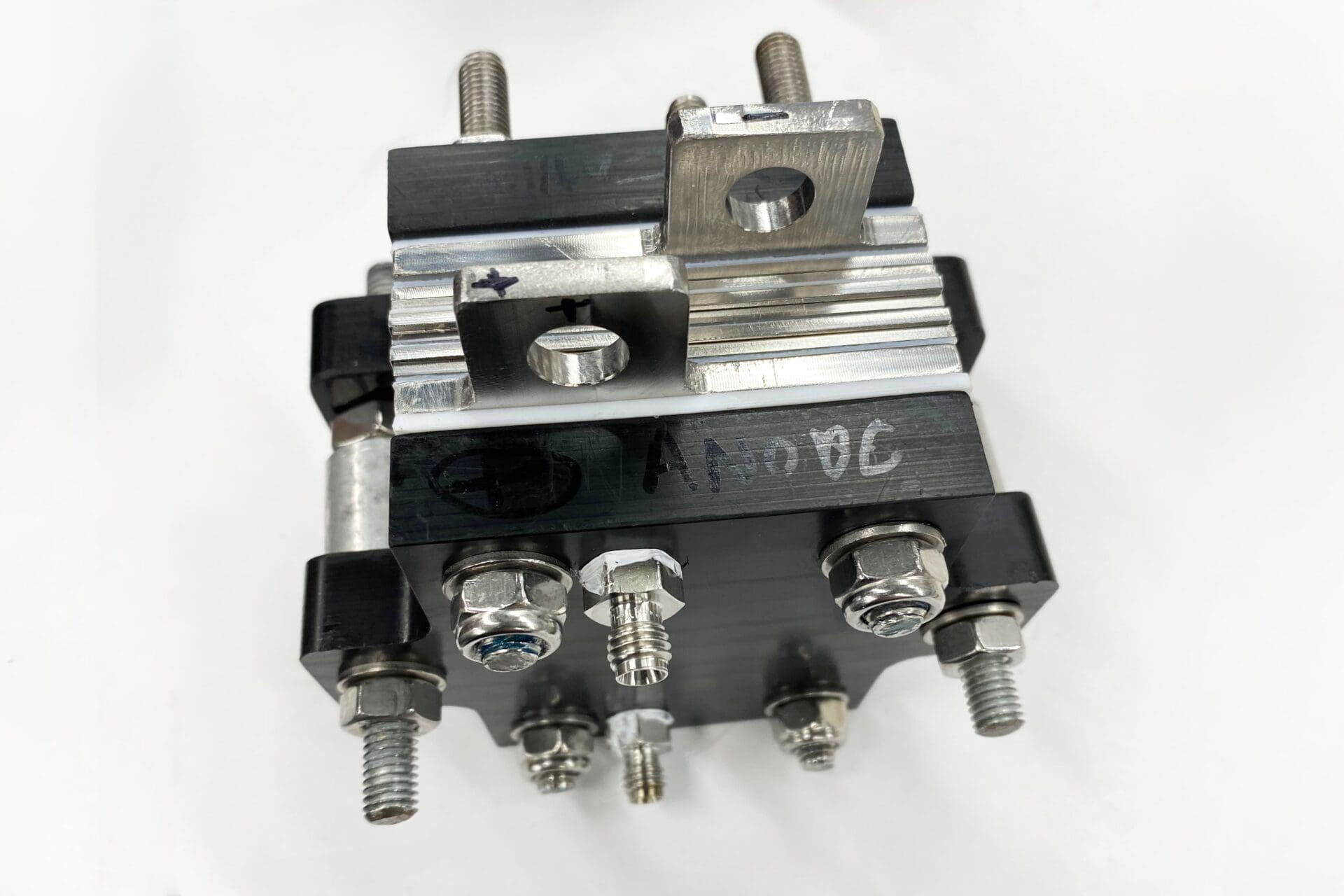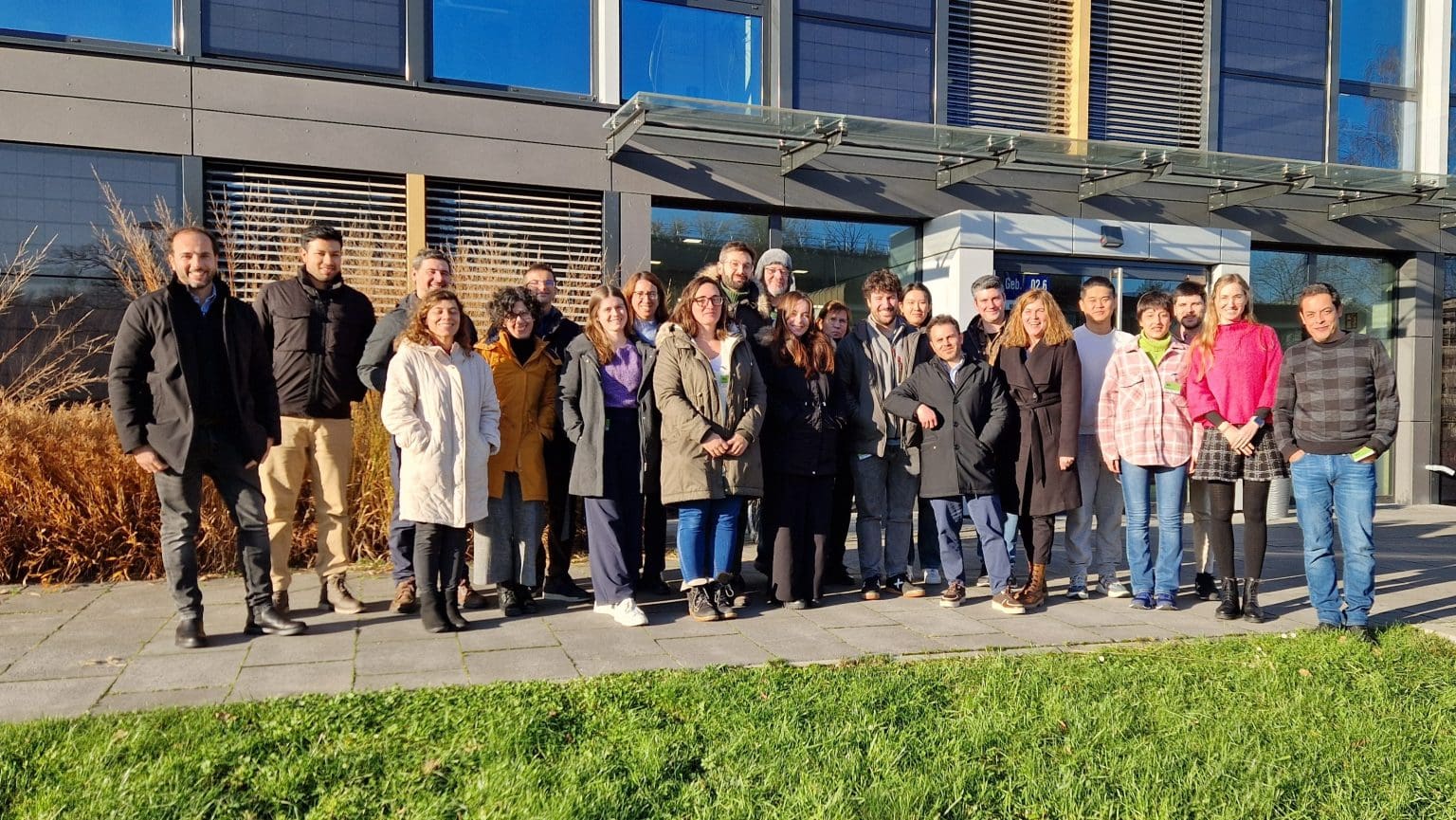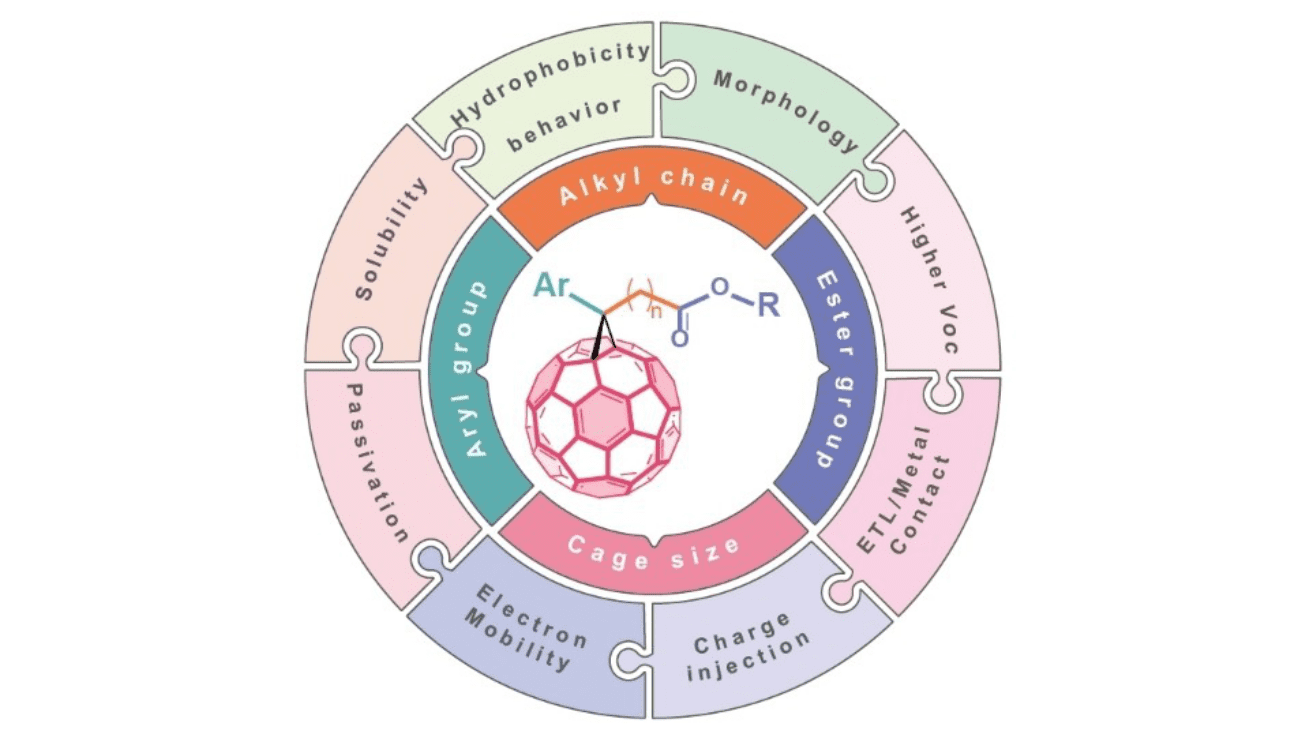Marcos García Suero wins a Leonardo Grant
The BBVA Foundation recognizes the innovative scientific production of Marcos García Suero, ICIQ group leader, with a Leonardo Scholarship in the category of Basic Sciences. In this seventh edition, around 1466 applications have been received, from which the 60 scholarship holders have been selected in eleven areas of knowledge. Thanks to the financial contribution of € 40,000 that accompanies the scholarship, the chemist will promote a project dedicated to the synthesis of new derivatives capable of fighting malaria disease.
Basic Sciences: Chemistry
One of the main problems in the fight against malaria – a disease that causes nearly half a million deaths globally annually – is the development of drug resistance by parasites. With the project “Synthesis of new antimalarial derivatives through a new boring reaction”, García Suero aims to synthesize new analogues of antimalarial drugs such as artemisinin, through the functionalization of its carbon-hydrogen bonds. Obtaining these analogues with current methodologies is difficult or impossible, and thus, a new boring reaction will be developed. This process will allow the use of carbon-hydrogen bonds to obtain organoboron compounds, which are essential for coupling pharmacophores that disrupt the biological function of the parasite.
This will not be the first time that García Suero faces a challenge of this kind. While he was a Ph.D. student in the laboratory of José Barluenga (University of Oviedo), he made a stay in the laboratory of Andrew Myers (Harvard University), studying the synthesis of new tetracycline antibiotic analogues. After obtaining the doctorate, García Suero worked in the laboratory of Matthew Gaunt at the University of Cambridge. There, the Asturian chemist developed a new reaction of modification of peptides and proteins that allows incorporating functional groups of interest (such as fluorescent molecules) to methionine – a rare amino acid, but of great importance in human health and metabolism.
Related news

Let's create a brighter future
Join our team to work with renowned researchers, tackle groundbreaking
projects and contribute to meaningful scientific advancements







 20-12-2024
20-12-2024 


















